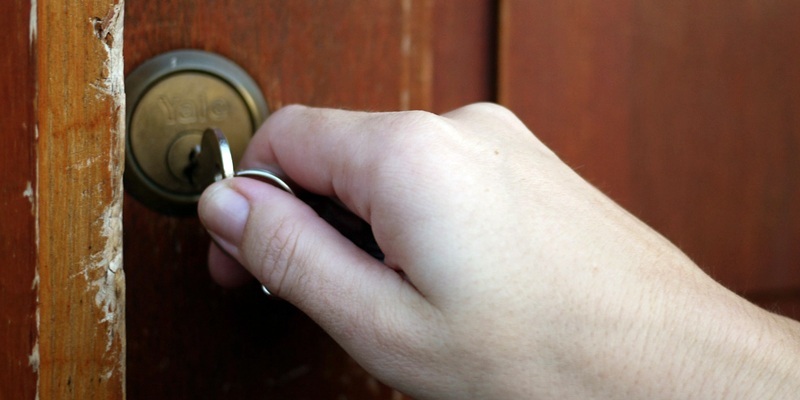Changes to housing benefit will force landlords to look again at how rents are collected from some of the most vulnerable sections of society, Dundee City Council housing convener Jimmy Black has predicted.
Allocation policies will have to help people swap houses that are deemed too big in housing benefit terms and the council will also have to look at the markets it serves, he went on.
“Until recently it was assumed that nurses, teachers and other professionals at the start of their careers would look for houses to buy,” Mr Black added. “The credit squeeze and high mortgage deposits must mean there is now a cadre of people with reasonable incomes who will want good quality accommodation to rent for a period of years before moving into owner occupation.”
He predicted the cost of providing temporary homeless accommodation will fall on the council tax payer.
Mr Black welcomed a report from the Scottish Local Government Against Poverty and Rights Advice Scotland, which supported to his concerns.GhettosThe study says housing benefit reforms could result in ghettos and homelessness, as well as causing severe problems for councils, housing associations and private landlords.
Its authors claim the Scottish economy will be deprived of £80m a year which would have gone to housing benefit recipients.
John Blackwood, director of the Scottish Association of Landlords, has backed the study’s suggestion that as a result of the changes private sector landlords will be less willing to take on tenants on benefits.
“I imagine this will ghetto-ise some areas, which nobody wants, and force claimants to rent from unscrupulous landlords, who we don’t want in the sector,” he said.
Paul Letley, a partner at Dundee letting agency J&E Shepherd, said the housing benefit reforms will play a big part in how landlords operate in the future.
He said a large proportion of private landlords and agents already refuse to consider tenants that are in receipt of housing benefit.
“With the proposed reduction in LHA rates and the removal of the £15 per week excess often given to the tenant, the prospective tenant in receipt of benefit is becoming a less attractive option for landlords, and that is likely to result in greater demand for accommodation from registered social landlords.”
Photo used under Creative Commons licence courtesy of Flickr user Phil Hawksworth.
Describing plans for reforming the system as “the blackest cloud on the horizon,” Mr Black said, “housing benefit was always well-intended but problematic. Its effect was to convince generations of people that they don’t pay rent, when of course every tenant pays rent. It’s just that a kindly state has been paying it for them,” he said.
“Well, the smiling state is turning into a scowling state and housing benefit is first being cut and then abolished. The first changes to bite are in the private sector and we will soon see tenants driven into the lower end of the market by a dramatic reduction in local housing allowance.”
He continued, “Changes are coming in the social rented sector, too, with people penalised for living in houses which are ‘too big’ and unemployed people losing 10% of their housing benefit after a year.”
The biggest change is the move to abolish housing benefit altogether and incorporate it into one all-embracing benefit or universal credit.
“I haven’t heard anyone explain yet how direct payments to landlords can or will be made from universal credit,” Mr Black said. “It’s very likely in my view that things will operate as they did in the days of supplementary benefit, and the majority of people will have to take responsibility for paying their own rent.”
As a result, “We will have to rediscover methods of collecting rents from pensioners, long-term unemployed people and disabled people whose rent is currently paid direct to the landlord in most cases.Flexibility”That will include flexibility to ensure that people can pay in a way which suits them, without building up arrears. We also need to promote financial capability among our tenants and try to ensure they have access to low-cost credit and bank accounts.”
Dundee council house rents are to rise by 4.5% next year, above the December inflation rate of 3.7%
In future, said Mr Black, “When we put the rents up by well beyond inflation, we should not comfort our consciences by telling ourselves that most people will get housing benefit to cover it.
“That means some of us need to run much more efficient operations and that change is already happening in Dundee.”
